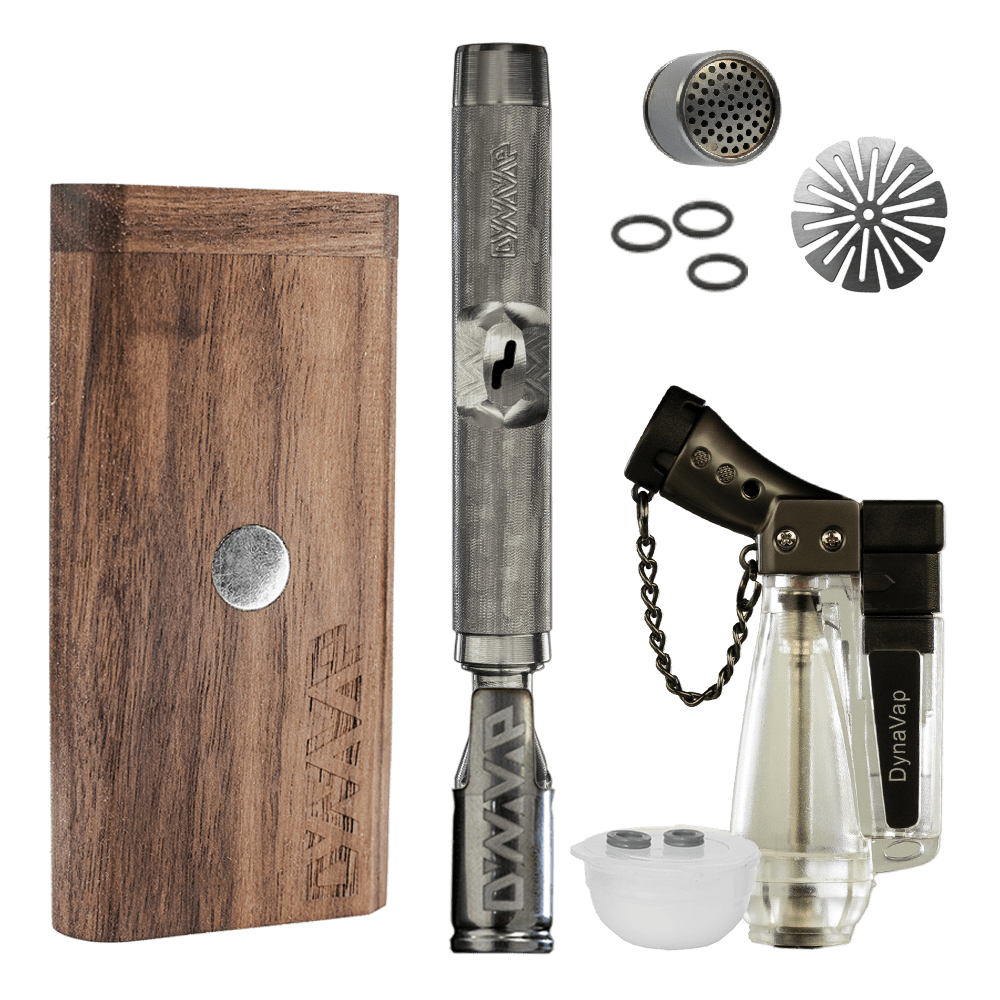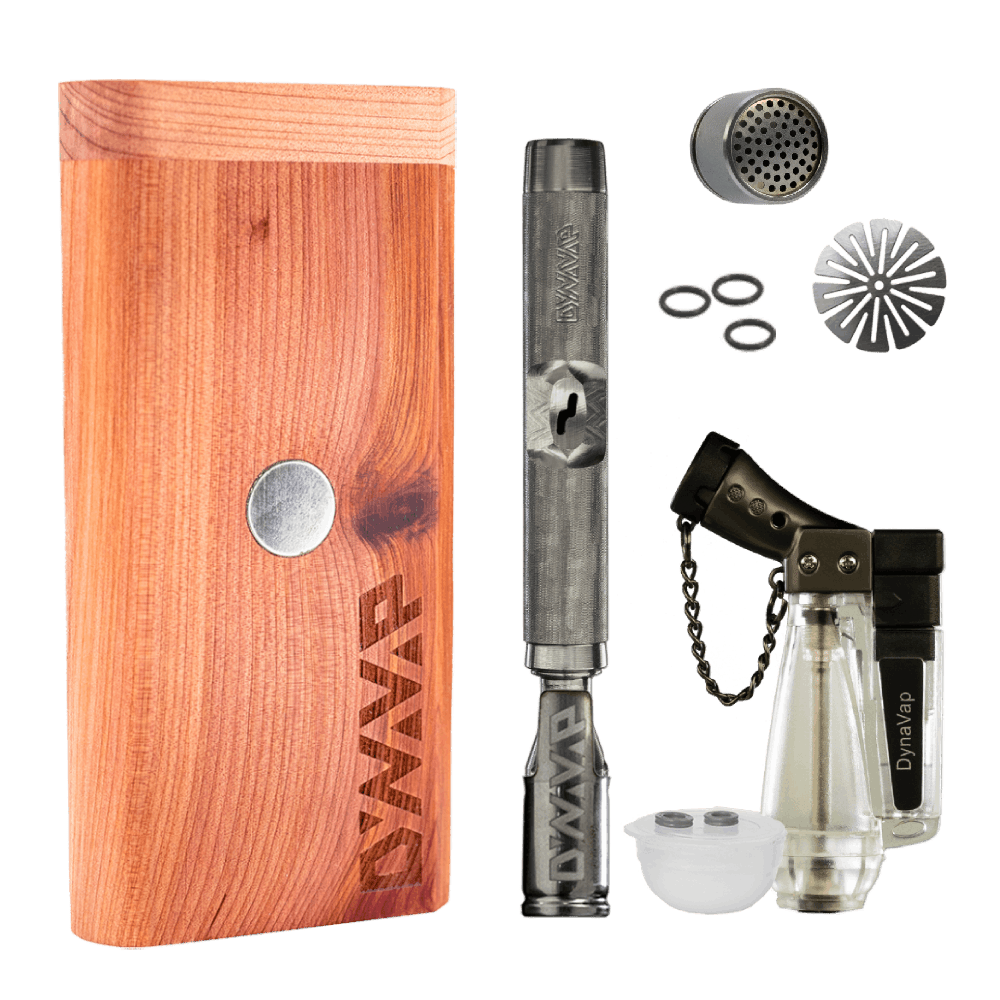Legislation to end the federal ban on cannabis passed the House Judiciary Committee on Thursday. This bill is historic in scope, but it doesn't mean that weed is immediately legal throughout the United States. It will federally legalize marijuana, end criminalization for adult-use marijuana, and takes other steps toward social equity and criminal justice reform.
The Marijuana Opportunity, Reinvestment, and Expungement (MORE) Act, chaired by Rep Jerrold Nadler (D-NY-10), cleared on a 26-15 vote and will now be passed on to the Senate. The bill received full support from Democrats and two votes in support from the Republican party. The committee's other Republicans were in opposition.
This development in cannabis reform came just a week after the US House of Representatives voted to approve a defense spending bill with an amendment that would protect banks that service legal state cannabis businesses from penalties by federal regulators. Major action on high-profile cannabis reform has been slower than many advocates hoped this far into the Biden Administration, but nonetheless, the vote on September 29th was momentous and activists are celebrating this as a victory.
Taking Aim at Marijuana Prohibition
Rep. Nadler advocated for the bill in his opening remarks before the House. Nadler stated, "This long overdue and historic legislation would reverse failed federal policies criminalizing marijuana." Nadler advocated for the bill on behalf of racial justice and disparities in enforcement in his opening remarks stating "It would also take steps to address the heavy toll this policy has taken across the country, particularly among communities of color."
Public opinion is varied on cannabis reform. At the time of this writing, recreational use of cannabis is legal in 18 states including New York and New Jersey as well as the District of Columbia. 13 states have already decriminalized marijuana possession, reverting the infraction to a fine. However, not all states have adopted this policy in states like South Dakota it is still treated as a misdemeanor. Legislators on Capitol Hill are working to bring about cannabis reform for their constituents.
Watch lawmakers debate bill to federally decriminalize marijuana:
What the MORE Act Accomplishes
The bill passed in the House back in December 2020 but did not advance in the Senate. Support for recreational marijuana legalization and medical cannabis use has changed significantly in recent years, and the fact that the bill made it this far is a big deal. The MORE Act aims to remove marijuana from the Controlled Substances Act, thus ending the conflict that exists between the federal government and the state legislature.
If the MORE Act passes in the Senate, it will effectively provide states with the authority to act as arbiters for cannabis policy within their borders. The MORE Act sets out to regulate and control the use of the substance rather than criminalize and prohibit. The bill gives states the power to create state law determining how it will be regulated. It also amends and adjusts several other key federal-level policies pertaining to cannabis products.
Let's highlight a few key facets of the MORE Act:
-
Helps facilitate the expungement of low-level cannabis convictions, incentivizing both states and local governments to follow suit
-
Creates ownership opportunities and pathways into an emerging and highly regulated sector, specifically supporting diverse entrepreneurs who have been impacted by prohibition
-
It allows veterans to obtain medical marijuana referrals from VA doctors
-
Completely diminishes the threat of deportation for immigrants with low-level cannabis infractions or jobs in the legal cannabis sector
-
Provides grant opportunities for communities disproportionally impacted by cannabis prohibition enforcement.
-
Allow cannabis businesses to obtain banking services
-
Going forward it would expunge criminal records of marijuana crimes / marijuana-related offenses / recreational use at no cost to the individual
Rep. Nadler oversaw the MORE Act's original passage. However, the MORE Act did not pass in the Senate.
Controversy and Contention
Some aspects of cannabis legalization have been approved by the House of Representatives at least five times. Each time, passage would stall out only to fail in the Senate. Much of the contention in this most recent effort comes from the tension between cannabis advocates and stakeholders on the topic of sequencing legislation. Advocates want to see expungement and reform, while stakeholders are more focused on an elaborate legalization bill that passed only for the first time this past year.
The Secure and Fair Enforcement (SAFE) Banking Act was introduced by Rep Ed Perlmutter (D-CO). The U.S. House of Representatives approved this large-scale defense spending bill that protects banks working with state-level legalized marijuana businesses. The effort was led under the mantle of the SAFE Banking Act with support from chief sponsor Rep. Ed Perlmutter (D-CO). Rep. Perlmutter has been optimistic about utilizing the NDAA as a vehicle to push reform. Perlmutter stated in a phone interview, "We still have work to do with the Senate to make sure that it remains part of it, but I think that it will."
Perlmutter's perspective is shared by many advocates and legislators. The Safe Banking Act helps to undercut cartels while improving national security. Perlmutter mentioned both in an interview with Marijuana Moment, "I think that we'll be able to convince the conference committee and the conferees generally to keep it in."
The Next Step To Cannabis Legalization
There are some points of contention with the SAFE Act. Senate Majority Leader Chuck Schumer (D-NY) believes in passing a holistic cannabis reform act. Sen Schumer argues that the current state helps stakeholders and investors looking to build prosperity rather than those disproportionately impacted by the enforcement of cannabis prohibition.
Advocates have been encouraged by various revisions to the MORE Act as well as the corresponding passage of the SAFE Banking Act. With that being said, reluctance is still the modus operandi for activists and cannabis enthusiasts alike. President Joe Biden is not in support of the legalization of recreational cannabis for adults, but his administration will pursue cannabis decriminalization and seek expungements.
At the time of this writing, the MORE Act has accrued 74 cosponsors from almost every major party within the House of Representatives.













